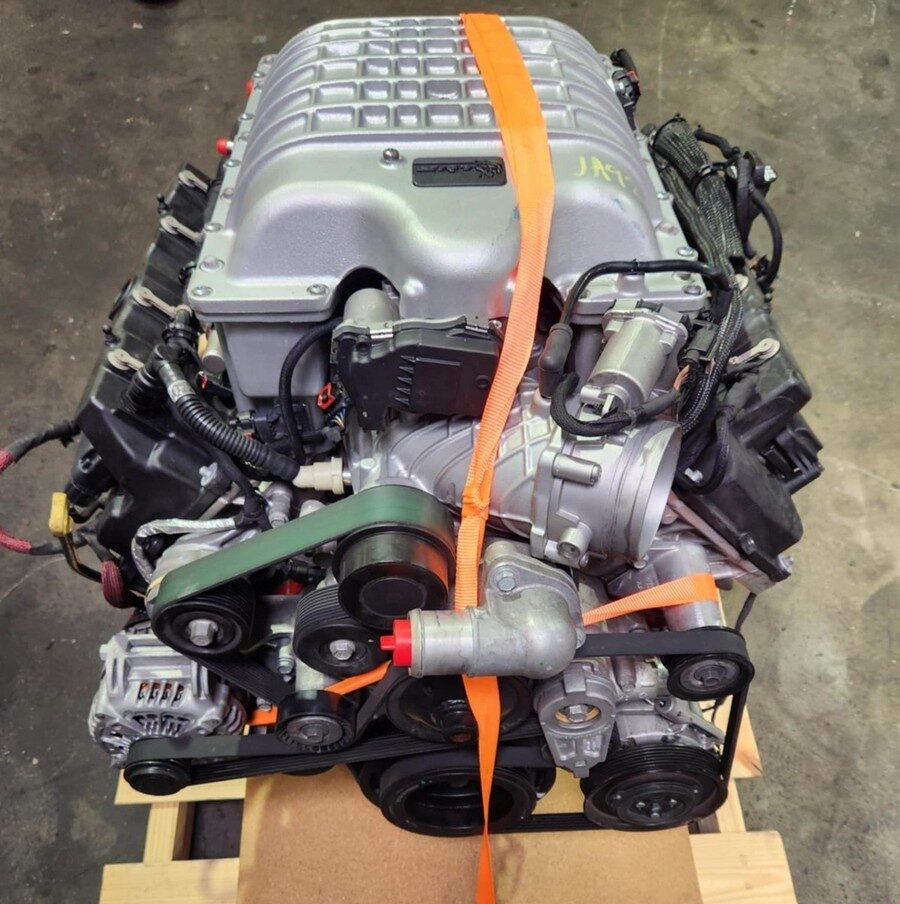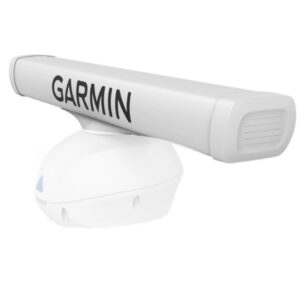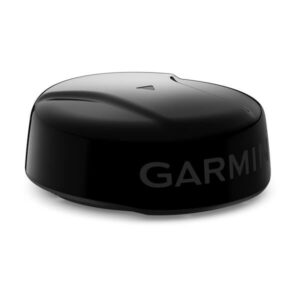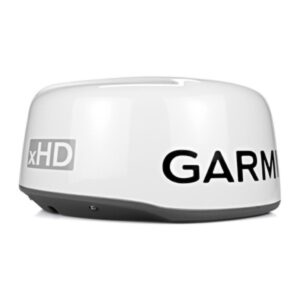dodge challenger engine for sale
The Dodge Challenger stands as a true icon of American muscle. Whether you own an older model or a recent beast like the Hellcat or SRT Demon, your engine is the heart of that performance. If you’re in the market for a Dodge Challenger engine for sale, this guide provides everything you need to make the best choice.
odge Challenger Engine for Sale: Everything You Need to Know Before Buying
The Dodge Challenger stands as a true icon of American muscle. Whether you own an older model or a recent beast like the Hellcat or SRT Demon, your engine is the heart of that performance. If you’re in the market for a Dodge Challenger engine for sale, this guide provides everything you need to make the best choice.
From understanding engine types to where to buy and how to verify authenticity, we’ll break down all the critical factors to consider.
Table of Contents
-
Introduction to the Dodge Challenger
-
Why Replace a Dodge Challenger Engine?
-
Types of Dodge Challenger Engines for Sale
-
3.6L Pentastar V6
-
5.7L HEMI V8
-
6.4L SRT HEMI V8 (392)
-
6.2L Supercharged HEMI V8 (Hellcat & Demon)
-
-
New vs Used Challenger Engines
-
Rebuilt, Remanufactured, or Crate Engines: What’s Best?
-
Where to Buy Dodge Challenger Engines for Sale
-
What to Look for in a Challenger Engine Seller
-
Installation Tips and Compatibility Checks
-
Estimated Cost of Challenger Engines
-
Frequently Asked Questions (FAQs)
1. Introduction to the Dodge Challenger
The Dodge Challenger has captivated car enthusiasts since its original launch in 1970. Known for its retro styling and roaring performance, it offers a variety of engines to satisfy casual drivers and hardcore racers alike. Over the decades, the Challenger has evolved into a powerful performance coupe, equipped with some of the most legendary HEMI engines in automotive history.
Whether you’re restoring a classic Challenger or upgrading a modern one, the engine defines the car’s capabilities. Finding the right Dodge Challenger engine for sale ensures long-lasting performance and value.
2. Why Replace a Dodge Challenger Engine?
Replacing a Dodge Challenger engine can be necessary for several reasons:
-
Engine failure due to high mileage or lack of maintenance
-
Performance upgrades to increase horsepower and torque
-
Restoration projects for classic models
-
Customization for street or track racing
Regardless of your reason, getting a high-quality replacement engine can restore or significantly improve your Challenger’s power and performance.
3. Types of Dodge Challenger Engines for Sale
When searching for a Dodge Challenger engine, knowing the different variants helps narrow down your options.
3.6L Pentastar V6
-
Standard engine for base Challenger trims (SXT, GT)
-
Produces around 303 horsepower
-
Great fuel economy and reliability
-
Ideal for daily drivers and moderate performance needs
5.7L HEMI V8
-
Found in the R/T models
-
Produces 375 horsepower and 410 lb-ft of torque
-
Delivers classic muscle car rumble and performance
-
A popular swap option for older Challengers
6.4L SRT HEMI V8 (392)
-
Featured in Scat Pack and SRT 392 models
-
Makes 485 horsepower
-
A balanced option for performance enthusiasts
-
Delivers thrilling acceleration and sound
6.2L Supercharged HEMI V8
-
Found in Hellcat, Redeye, and Demon models
-
707 to 840 horsepower depending on the model
-
Supercharged powerhouse ideal for racing or serious performance builds
-
Premium pricing but unmatched output
4. New vs Used Challenger Engines
New Engines
-
Factory-fresh condition
-
Full manufacturer warranties
-
Higher initial cost
-
Ideal for long-term reliability
Used Engines
-
Lower price point
-
Can be a good value with low mileage
-
Risk of unknown wear or damage
-
Should be inspected before purchase
5. Rebuilt, Remanufactured, or Crate Engines: What’s Best?
Rebuilt Engines
-
Original engine repaired with new parts
-
Cost-effective
-
Depends heavily on the builder’s skill
Remanufactured Engines
-
Completely re-engineered to factory specs
-
Includes upgraded components
-
Comes with warranties and is often like new
Crate Engines
-
Brand new or remanufactured from Mopar or third-party brands
-
Ready to install
-
Comes in various performance levels
-
Best option for performance builds or restorations
6. Where to Buy Dodge Challenger Engines for Sale
1. Authorized Mopar Dealerships
-
Offer OEM crate engines
-
Warranty-backed
-
Higher price but guaranteed quality
2. Online Marketplaces
-
eBay Motors, Facebook Marketplace, Craigslist
-
Wide selection of used engines
-
Must vet sellers carefully
3. Auto Parts Retailers
-
JEGS, Summit Racing, AutoZone, RockAuto
-
Offer rebuilt/remanufactured engines
-
May include warranties
4. Engine Builders and Rebuilders
-
Specialize in performance builds or restorations
-
Can offer customization (stroker kits, forged internals, etc.)
5. Salvage Yards and Junkyards
-
Cost-effective
-
Best for older Challenger engines
-
Inspect condition before buying
7. What to Look for in a Challenger Engine Seller
-
Reputation & Reviews: Check online ratings and customer feedback.
-
Warranty: Prefer sellers offering at least 6-12 months warranty.
-
Mileage: Look for low-mileage used engines.
-
VIN Match: Make sure the engine fits your specific Challenger trim and year.
-
Compression Test: Ask for documentation or offer to conduct one before purchase.
8. Installation Tips and Compatibility Checks
-
Use your Challenger’s VIN to check engine compatibility.
-
Consider upgrading the ECU, wiring harness, and cooling system if swapping engines.
-
Hire a certified mechanic for engine swaps to ensure proper fit and function.
-
Keep track of all part numbers for warranty and registration purposes.
9. Estimated Cost of Challenger Engines
| Engine Type | Used Price | Remanufactured/Crate Price |
|---|---|---|
| 3.6L V6 | $1,000 – $2,500 | $3,000 – $4,500 |
| 5.7L HEMI V8 | $2,000 – $4,000 | $5,000 – $6,500 |
| 6.4L SRT 392 V8 | $4,500 – $6,500 | $7,000 – $9,000 |
| 6.2L Hellcat V8 | $8,000 – $12,000 | $13,000 – $20,000+ |
| Demon Engine | Rare & expensive | $20,000 – $30,000+ |
Note: Prices vary based on mileage, year, location, and warranty.
Frequently Asked Questions (FAQs)
Q1: Can I upgrade my V6 Challenger to a V8 engine?
Yes, you can, but it involves extensive modifications including the ECU, wiring harness, mounts, exhaust, and possibly suspension upgrades.
Q2: Are Hellcat crate engines street-legal?
Yes, Mopar Hellcat crate engines are street-legal in most states. However, emissions compliance may vary based on local laws.
Q3: How long does a Dodge Challenger engine last?
With proper maintenance, V6 engines can last up to 200,000 miles, while V8s (especially HEMIs) typically last 150,000–200,000 miles or more.
Q4: What’s the difference between crate and remanufactured engines?
-
Crate engines are typically new or high-performance versions, designed for easy installation.
-
Remanufactured engines are rebuilt to original specs with used blocks but new internals.
Q5: Do I need to reprogram my ECU after engine replacement?
Yes, especially if the engine differs from the original. A proper ECU flash or tune ensures compatibility and optimal performance.







There are no reviews yet.